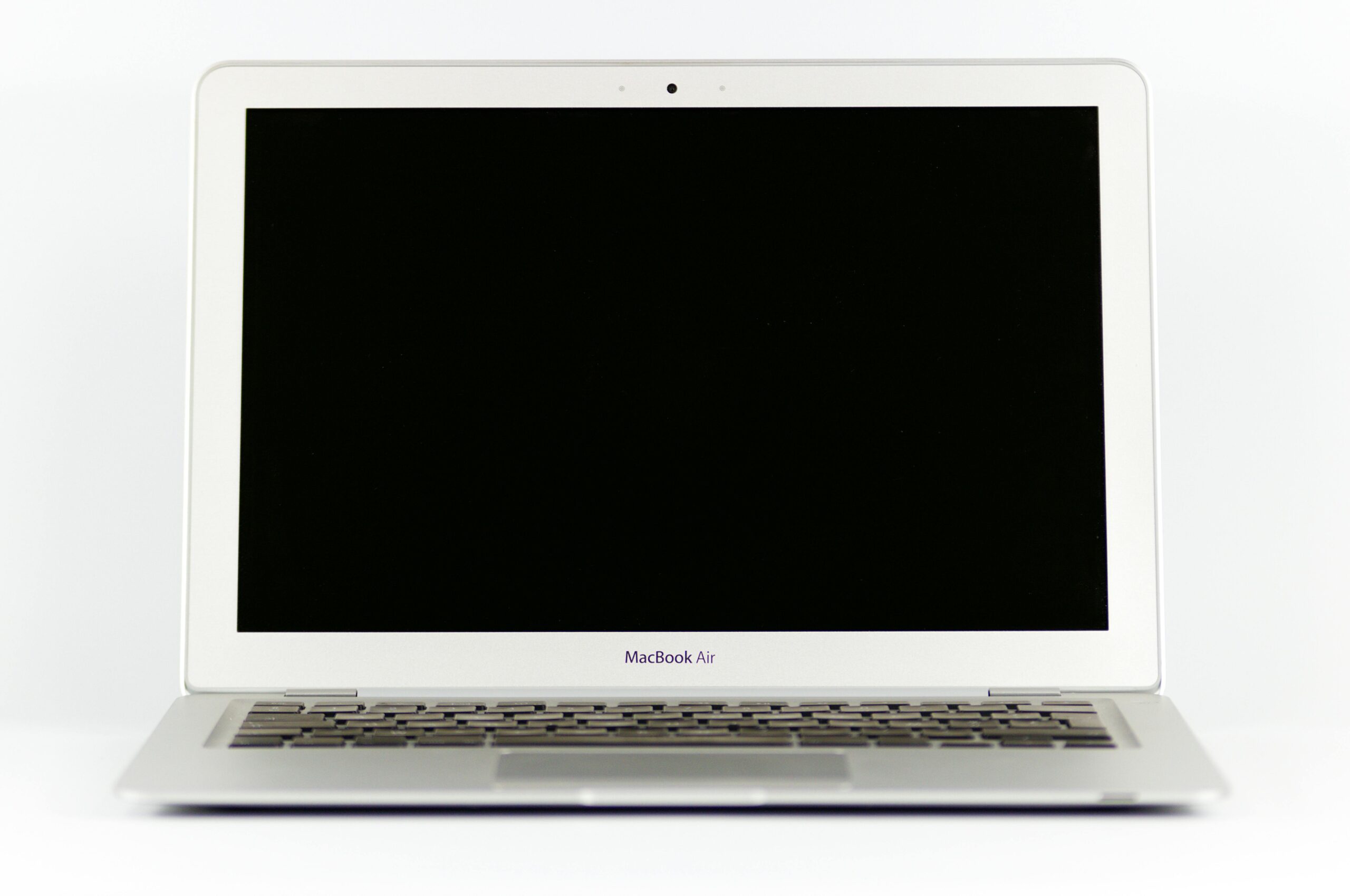Finding the Perfect Laptop Balancing All Features and Costs Leave a comment
Choosing the right laptop is a serious process: weighing its all-around features and performance, along with its price. Given the many options available in the market today, it only gets harder for one to choose that right device who has a specific need and budget. So then, the balancing act-wondering on one hand, cost or specifications-becomes an extremely important thing to do for a student, a professional, or anyone who needs a computer to do a lot of mundane daily chores.
When in search of budget-friendly and most reliable, you might consider checking hp g3 laptop price in pakistan for a background regarding some cheap laptops, then check out comparing the dell price in pakistan for the latest models. Let’s now find out what the main components should be examined to find a good laptop while not burning too many pockets.
Samson laptop requirements
Before buying a laptop, it is important to know the primary purpose for which it will be for used. Different people have different needs, and knowing your needs will put you into a wise choice. Here are few categories you might consider:
- Basic Users: If you don’t do much more than browse the web, watch some videos and fill in a few documents, little more than a basic, budget laptop with an Intel Core i3/Ryzen 3 and 4GB of RAM should suffice for your needs.
- Students & Professionals: Ideal for record keeping and academics, average laptop, at least 8 GB RAM, Intel Core i5, with an SSD for fast performance.
- Gamers & Creators: Planning for gaming, video editing, or content creation? Consider a high-end laptop that is equipped with a gaming-related graphics card (like NVIDIA GTX or RTX), a high-refresh-rate screen, and 16GB or more RAM.
- Always on the Move: For that on-the-go lifestyle, ultrabooks should be the choice. Carrying very few ounces, under-priced and having mega-hours of battery, then tough.
Key Factors on Buying A Laptop
These are some of the parameters one needs to consider in judging the most right balance for having features and cost:
1. Processor & Performance
The speed and efficiency of any laptop depend totally on its CPU . These are the most common examples:
- Intel Core i3/Ryzen 3: for light use.
- Intel Core i5/Ryzen 5: Good multitasking for students or professionals general use.
- Intel Core i7/Ryzen 7: is purely meant for gamers and other creators whose performance requirement is of very high levels.
- Intel Core i9/Ryzen 9: Impressive workloads for high-end gaming and 3D rendering, among others.
With a tight budget in mind, doing some great research on a lagged generation processor may still satisfy the required performance but with less cost.
2. RAM and Memory
- 4GB RAM: Entry-level; does basic tasks the best
- 8GB RAM: Average daily office student GUI usage
- 16GB + RAM: For using more than one application at a time, for gaming, and for professional use.
In terms of SSDs, the advantages of speed make it a better option than the HDD. A 256GB SSD laptop would be recommended for an even larger laptop; an SSD-HDD combination-storage would be preferable for one with greater storage.
3. Display and Graphics
It is highly important in terms of the overall user-friendliness experience it creates. The following will be taken into consideration:
- Screen Size: 13-inch for portability, 15-inch for a middle ground between usability and portability, and 17-inch for straight gaming or professional use.
- Resolution: Commonly used should be at least Full HD (1920×1080) for more sharpness in the visuals, for professional creatives on the 4k screens.
- Graphics Card: Integrated graphics are enough for regular daily work, while high-performance NVIDIA GTX/RTX cards are essential for gamers and designers.
4. Battery Life and Portability
Clearly, if you often travel or work remotely, then long battery life will definitely matter; for instance, business laptops by HP and Dell can run for about 8 hours of battery life on these machines-perfect for today’s users-on-the-go. However, gaming laptops usually have a very short life, as the hardware is posited towards the consumption of a rather higher power consumption.
Comparison Between Budget and Premium Laptops
In the case of cheap and expensive laptops, people usually make their choice between one or the other according to their preferences.
Budget Laptops (Acer Aspire, HP Pavilion, Dell Inspiron):
Cheap prices.
- Good enough for regular browsing, document editing, and media streaming.
- Performance rating is low but good enough for students and casual users.
- Premium Laptops (HP EliteBook, Dell XPS, Lenovo ThinkPad, MacBook Pro):
- Much better durability and build quality.
- Great performance, security, and better battery.
- More expensive but enjoyably longer years of serviceability as well as enhanced resale value.
How to Find the Best Deals
Most great deals tend to appear when one is able to match the right features with the perfect price. Here are some tips to consider:
- Price Shoppers: Price is Windows shopping for all: competitor, online retailer.
- Sale Offers: Check promotions-can be seasonal sales, student deals, or combos to save a lot.
- Refurbished Models: Excellent price values with much lower rates.
- Warranties and Support: Verify sufficient warranty days on the laptop with good customer support.
Research HP G3 laptop prices in Pakistan and compare it if Dell notebook price in Pakistan will give you an insight for better buying.
Conclusion
Finding the right type of laptop means matching the features with performance and prices-whether it is a cheap laptop for everyday use or high-performance laptops for work requirements; knowing the requirements and conducting pricing comparisons get you the best fit. Business laptops in the HP G3 series are very efficient, and Dell laptops embrace the judicious mix of cheap and smart. By weighing your needs and budget, you will be able to harness the laptop that best suits you without wasting money.


